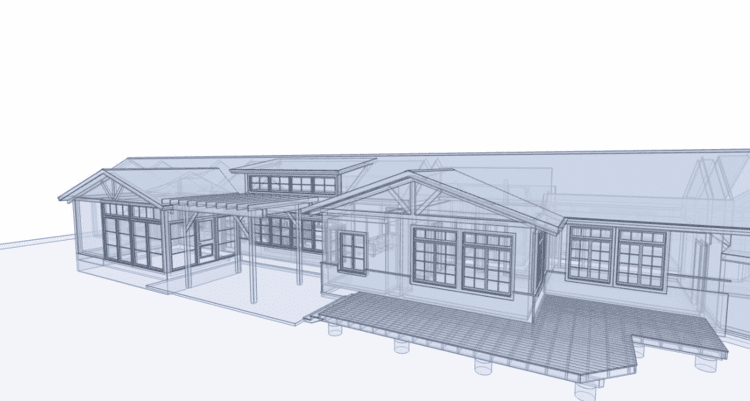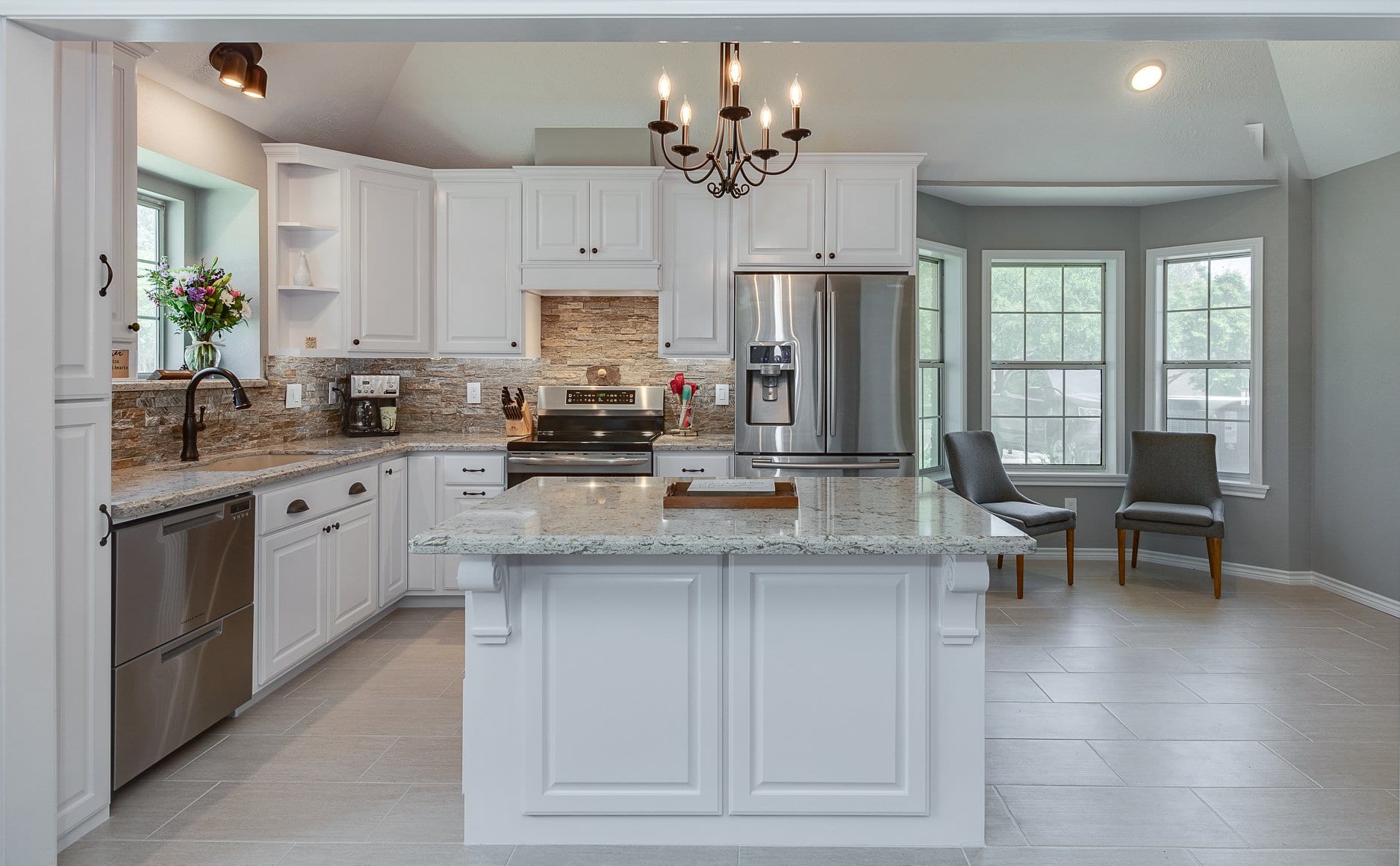One of the most important decisions in the Remodeling process is which remodeling contractor to work with. These nine points will help you make that decision.
- Professional Standing: A good place to start when considering a contractor is their professional standing. Find out what professional organizations they belong to. You can also check their standing with the Better Business Bureau. This simple first step is a way to narrow your choices. Because the cost of entry is so low for remodeling contractors, there will be lots of fly-by-night, low bid options. Don’t be tempted.
- Reputation: What do past clients say about the contractor? Are they frequently recommended? Are they invested in the community in a way that demands integrity?
- Clean: The number one complaint about remodelers is dust and mess. Ask your potential contractor how they deal with dust when they are installing drywall in a home. How will they deal with construction debris? Will it be left in a pile on your front lawn or do they have a means of quickly getting it off-site? A quality contractor will have clear routines for these basic issues of remodeling and, without hesitation, be able to provide detailed and reassuring answers. Vague answers that do not include things like dust walls, air scrubbers, and same-day removal are a red flag.
- Insurance: It is essential that any remodeling contractor you hire maintain the necessary insurance to protect your home investment. This includes general liability and workers’ liability insurance. Ask to see their policies and call their carriers to verify.
- Longevity: How long has the contractor been in business? Unfortunately, a great deal of necessary learning comes from trial and error. You do not want your home to be the classroom for a young or inexperienced contractor.
- Communication: This is perhaps the key to having a good relationship with your contractor. They should have well-established routines for regular (daily and weekly) communication with you. And it is important that you are comfortable communicating with your remodeling contractor. Will you be comfortable telling this person if you are not happy with something that has happened or not happened? Do you have confidence that they will listen to you and act on what they hear?
- Knowledge Base: The average home has over two thousand different parts. Most of these parts have hundreds, if not thousands of different options. These options continue to expand and improve. Despite this explosion of new information, many in the construction industry are slow to accept change. Try to hire a company that has a culture of learning. Experience alone is not enough.
- Control: All construction projects involve a lot of variables, which, if not handled properly, can create chaos. Strong routines, attention to detail, and discipline are characteristics you should seek in a contractor. To get a sense of the control and orderliness your potential contractor has, ask how they arrive at a price. While they may not go into the details of markup and margins, they should be able to outline how they arrive at a price for a job. Be aware that some contractors intentionally come up with an initial low price, which is later inflated with change orders. Change orders are an inevitable part of any remodeling project, but they should not arise because a contractor forgot to include something when bidding. Make sure that your contractor has a methodical and disciplined approach to this crucial part of the job. A quality contractor will usually return a higher bid but get the job done for less in the end and certainty will reduce your cost over time through reduced maintenance and utility cost.
- Know the Team: Many Remodeling contractors subcontract everything out; others use almost all in-house labor. There are advantages and disadvantages to each. Ask your potential contractor what work will be done by subcontractors and what will be done by their own employees. Ask to speak to a few of these people. You want to make sure that there is a sense of a team and that the team is happy.
- A Home is Not a Job Site: The difference between residential remodeling and all other forms of construction is that remodeling is not done on a job site it is done in a home. Often an occupied home. Not all remodeling contractors understand this distinction. Your home is your sanctuary; be careful who you allow in.










